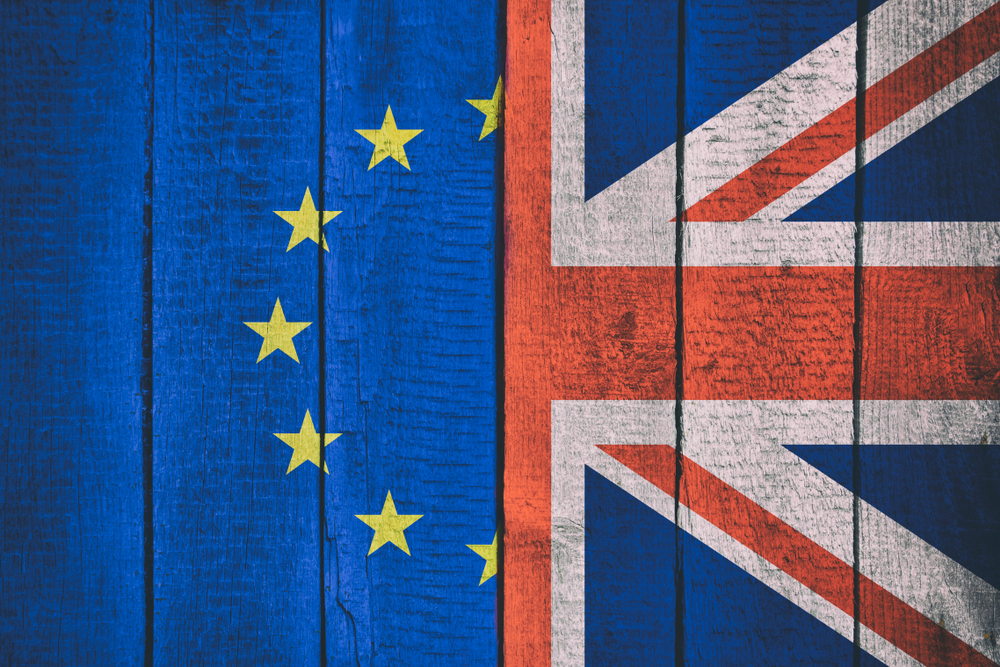
Julian English, editor of Dentistry magazine, gives us his views on Brexit and the dental profession.
At the time of writing, it is the eve of Brexit. Naturally, thoughts go to what will happen to the dental workforce after Brexit.
I take a positive view on this issue, because one day before Brexit, if something was going to happen it would have happened.
Let us look at the facts.
Clearly, compared with other professions, dental professionals from the European Union countries are not leaving at the same levels. In fact, the General Dental Council who, of course, holds the register for these individuals, indicates that there has been no increase in leavers over the last 12 months, than would normally be expected.
I have no idea why. What I do know is that being a dental nurse is significantly different in terms of career structure and responsibilities to being a medical nurse in either a doctor’s surgery or a hospital.
I know that being a dentist is significantly different to being a medical doctor. The employment structure is different, for example. The responsibilities to patients are different.
For a dentist, there is a fee-per-item payment structure in general that engenders a traditional customer relationship in general. There’s a need for the patient to return regularly for a check-up. And a check-up is, generally, a much more intimate experience in its delivery than a consultation/chat with a doctor. A dentist’s basic toolkit contains a needle and a drill. A doctor carries a stethoscope.
The more intimate the experience, the more the bond the patient feels to the clinician.
I say this in very general terms, of course – one does not want to, in any small way, denigrate the vital work of medical doctors. In the same vain, please don’t bother pointing out that a prostate examination is a tad more intimate than a scale and polish.
I am talking in general terms. Also, a dental patient is regularly seen over and over, but a patient in A&E or on a ward is typically only seen once.
That is a long explanation for a small theory that dental professionals from the European Union countries possibly feel a stronger emotional responsibility to their British patient base than their cousins in medicine.
And hence they are not exodusing the country, for the aforementioned reasons.
Regardless of these anecdotal theories, at the time of writing, we’ve seen no worksforce mobility in the normally recession-proof profession of dentistry in Her Majesty’s domain of Great Britain and Northern Ireland.
To read ‘The Dental Industry report staffing, Brexit and the dentist shortage‘ by Christie, please click here.
Since the time of writing Health Secretary Matt Hancock has announced EU staff will have their qualifications and registration recognised in the UK.


